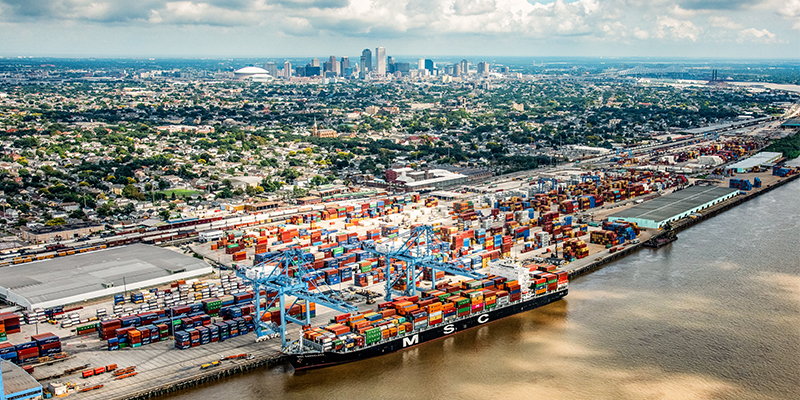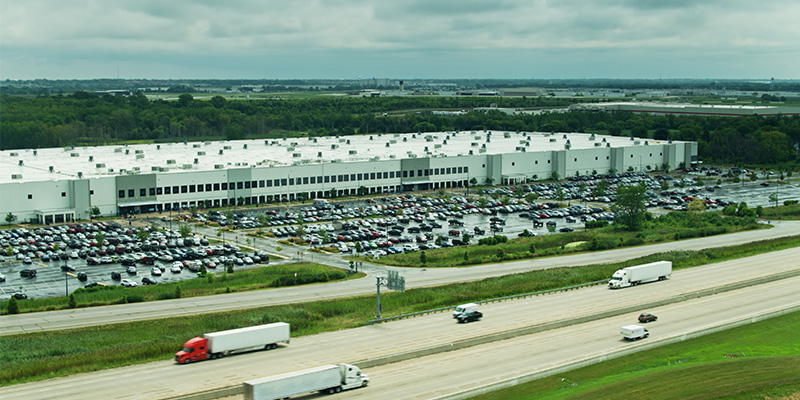
Industrial Projects, Ports and Opportunity in the Gulf Coast Region
- January 14, 2025
Stretching from the heart of the Texas oil world to the white sand beaches of Florida, the Gulf Coast has a lot of advantages. In 2024, NAIOP established its Gulf Coast chapter, bringing even more attention to this growing and uniquely high potential commercial real estate market.













